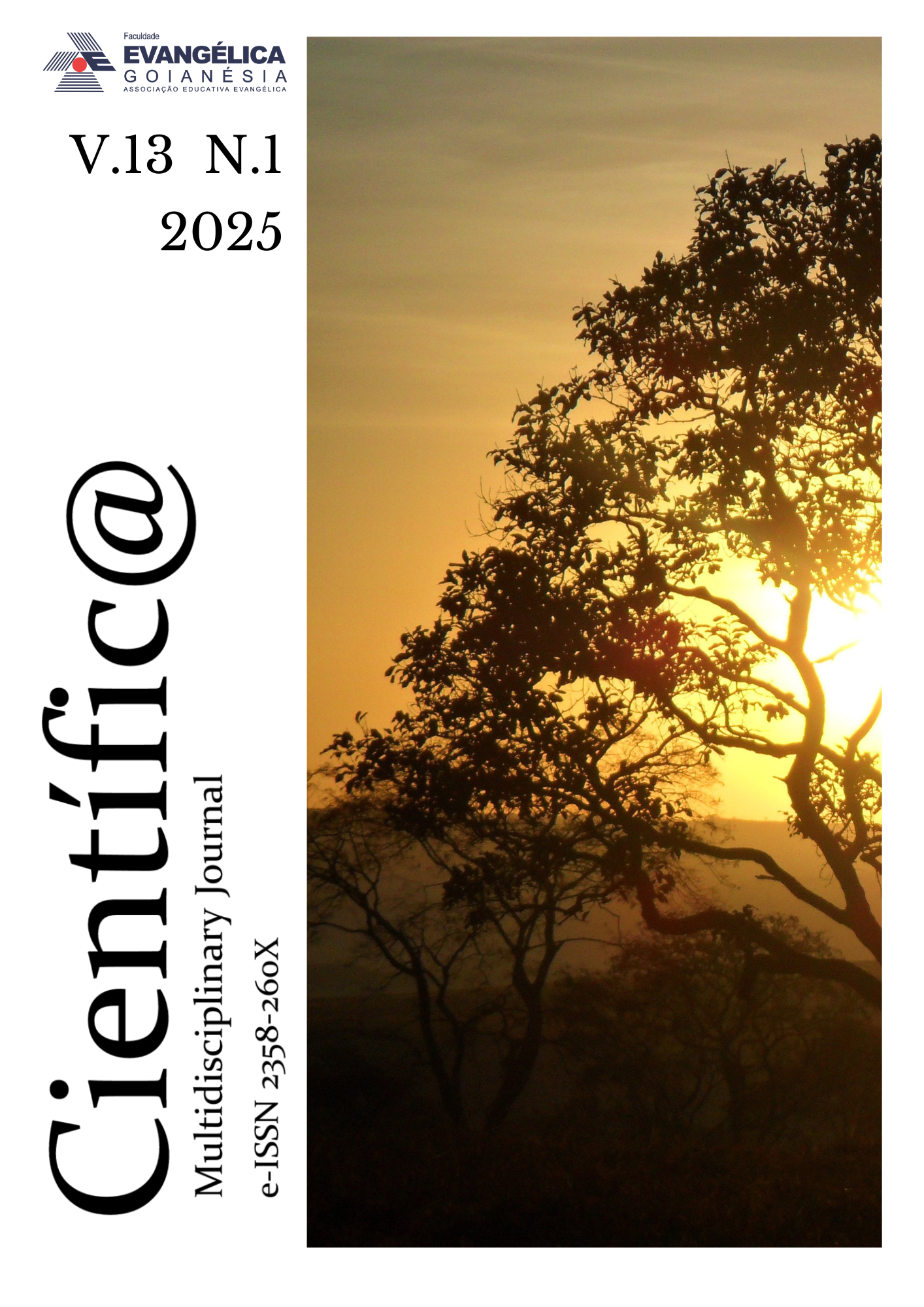HIGHER EDUCATION AND CONFESSIONAL EDUCATIONAL INSTITUTIONS: WHAT CAN THEY STILL OFFER TO SOCIETY?
DOI:
https://doi.org/10.37951/2358-260X.2025v13i1.7644Abstract
Higher education is responsible for developing science and culture and the processes of personal and professional development in a society. In this context and considering the transformation vectors of society in the last decades (technology, communication, postmodernity), the teaching promoted by denominational institutions, which have already occupied high places in this system, has succumbed to the process of discussing the impact of educational institutions development. The particularities of a denominational teaching institution, such as the religiosity involved in its codes of beliefs, rites, and values are sometimes placed as outdated in society. This study sought to verify the contributions that these institutions can still provide to society. It was noticed through a narrative review of the literature that, in addition to the impacts generated by other educational institutions, in economic, social, cultural, and political development, faith-based teaching institutions can contribute to the moral and ethical formation process of future professionals, with more rigorous codes of conduct and community services that can develop beyond a moral behavior of students more solidarity, altruistic attitudes and a search for the development of the spirituality of the individual, elements that have been the focus of the search of the main organizations in the world of work.
Downloads
Published
How to Cite
Issue
Section
License
Esta revista oferece acesso livre imediato ao seu conteúdo, seguindo o princípio de que disponibilizar gratuitamente o conhecimento científico ao público proporciona maior democratização mundial do conhecimento.
A partir da publicação realizada na revista os autores possuem copyright e direitos de publicação de seus artigos sem restrições.
A Revista Científic@ - Multidisciplinary Journal segue os preceitos legais da licença Creative Commons - Atribuição-NãoComercial 4.0 Internacional. 

